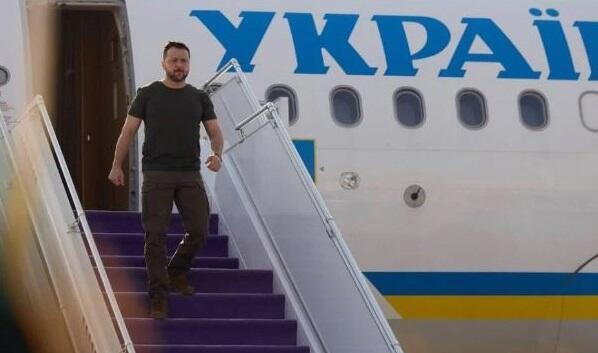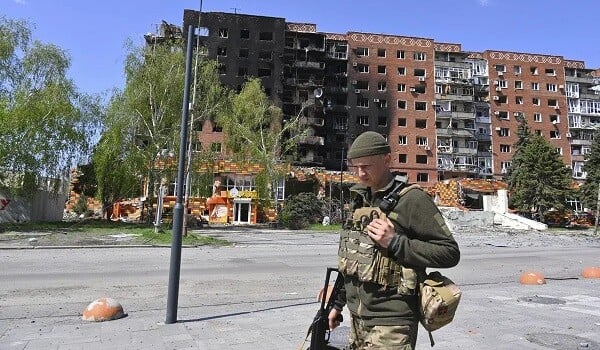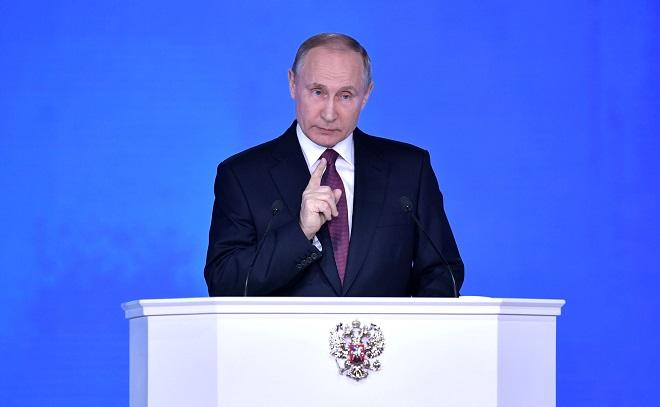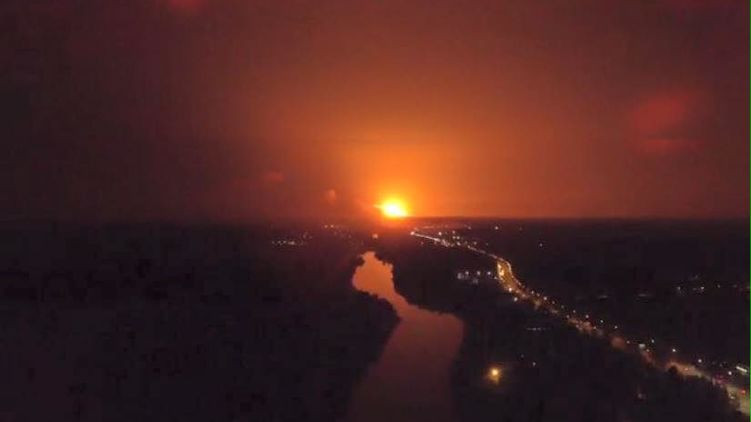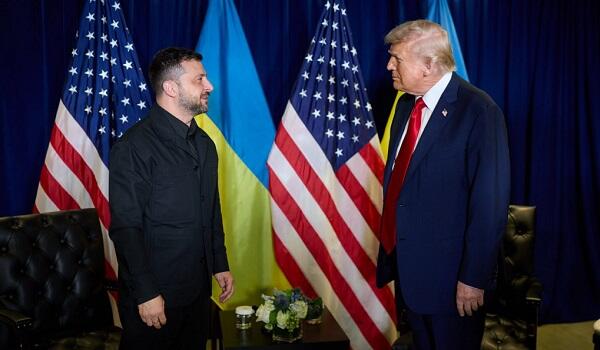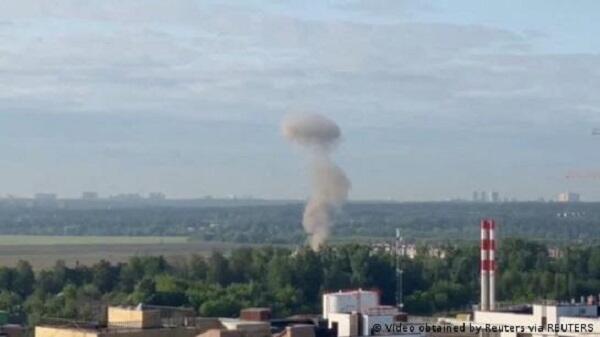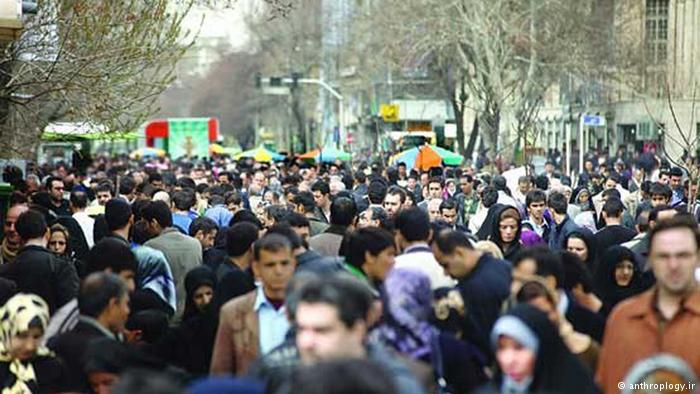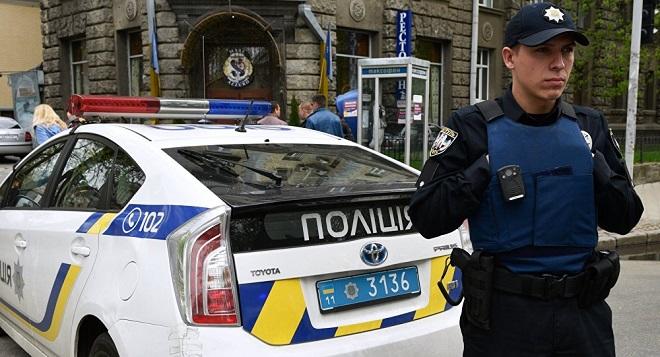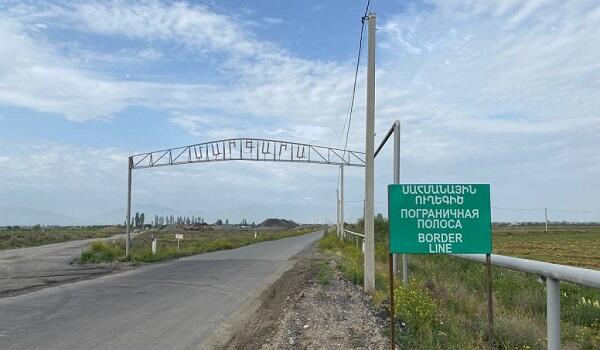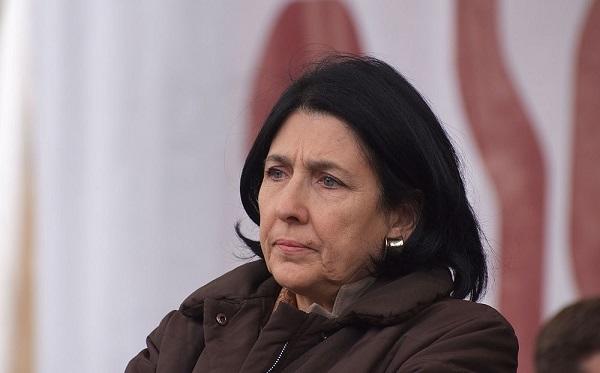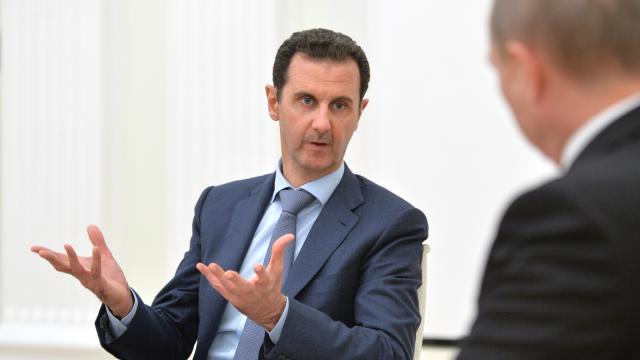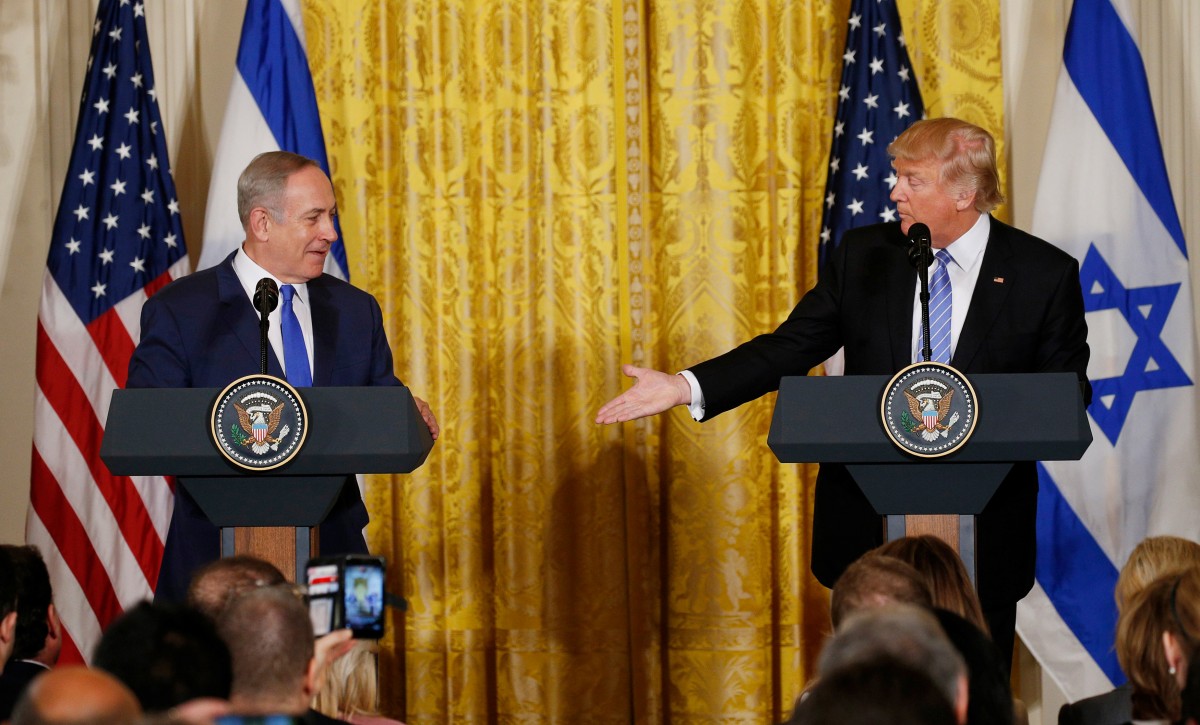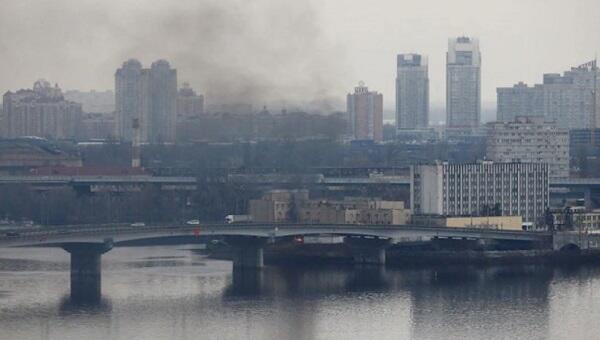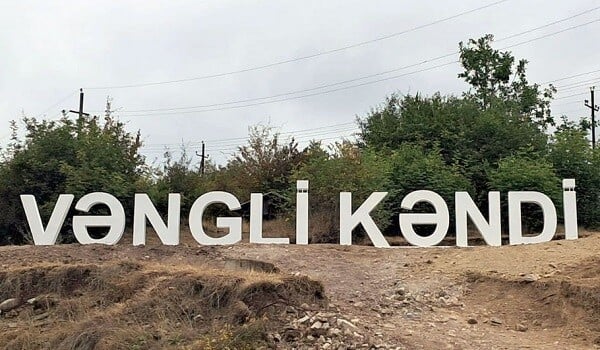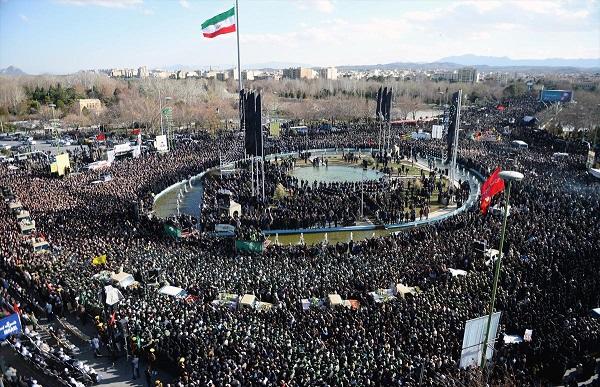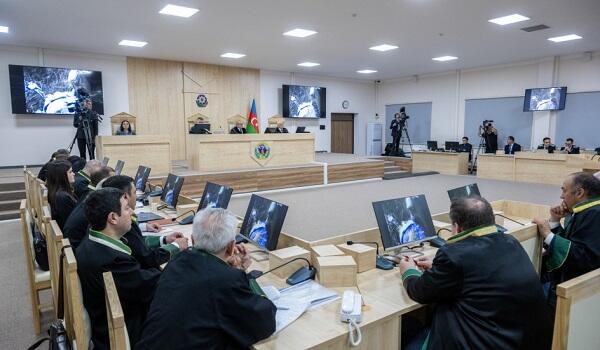Iran could potentially be divided into several parts. Israel would prefer the fragmentation of Iran more than others because it considers Iran a threat. Israel fears that Iran might acquire nuclear weapons and use them against it. From this perspective, it is in Israel's interest to see Iran divided. However, does Israel have the power to achieve this?
Axar.az reports that these remarks were made by Russian political analyst Sergey Markov while discussing the possibility of Iran's division in light of Israel striking Iranian oil and nuclear facilities.
According to Markov, the fragmentation of Iran is not desired by major powers:
"After dividing the country, who will govern it? Israel cannot manage that. The U.S. has not had successful experiences in governing other countries; its efforts in Afghanistan, Iraq, and Syria ended in failure. The U.S. would like to see the current religious regime toppled, but it wouldn’t want to take on the responsibility of governing Iran. Like other countries, they fear falling into failure in Iran as well. Even after a change, there needs to be control to prevent chaos in Iran. The West has two concepts regarding Iran: one is to end hostilities with Iran, return to negotiations over the nuclear deal, accept Iran's new president as “Iran's Gorbachev,” and help the reformist president consolidate power. This concept is more associated with European countries. The second concept is linked to Trump. According to Trump, Iran is an existential enemy of Israel and the U.S. For this purpose, strong pressure must be applied to Iran. Trump has even called for strikes on nuclear facilities.
However, the current U.S. administration occupies a position between the Western and Trump options: it supports both the modernization of Iran and the implementation of strict measures. It demonstrates a fluctuating stance."
Discussing the current relations between Iran and Israel, the political analyst pointed out how events could unfold:
"Tehran certainly would like to destroy Israel from a strategic standpoint. However, from a practical perspective, Iran is satisfied with its ongoing struggle with Israel, especially given its numerous proxies. Iran has significant capabilities to create proxies, but Israel is not capable of engaging in such a proxy war. Who would it gather? Most of those around Iran are Muslims, and it’s not easy to find supporters of Israel among them. In this regard, Israel’s position is weak. However, Israel can conduct a missile war. It has fighter jets, which Iran lacks, and even the ones Iran has are outdated, making Israel stronger in this area. Its missiles and missile defense systems are superior. One issue is that Israel's missiles are expensive and few in number; it does not produce them itself. They are manufactured by the U.S. and Europeans and supplied to Israel. In contrast, Iran’s missiles are cheaper and produced domestically. Therefore, some believe that Israel may prevail in a short missile war, but Iran would win in a prolonged conflict. Thus, proxy warfare benefits Iran, which wants to continue this conflict while avoiding a missile war."
Markov stated that a long-term conflict in the Middle East could culminate in the use of nuclear weapons, which would pose a danger to countries worldwide:
"The scenario of a major war involves Israel and Iran launching missile strikes against each other, leading to escalation and then a terrorist war characterized by diversions. The West finds itself in a very difficult position here. It will have to finance two wars, but the West does not have enough weapons for both the Ukraine-Russia and the Iran-Israel conflicts. It would be forced to mobilize its military economy, which would create significant changes in its economic system. Its political resources would also be depleted, making it challenging to conduct two wars simultaneously. If the war continues, Iran's power will increasingly manifest. Allied Islamic countries will gravitate towards it, and the threat to Israel's existence will grow. This could lead to the West deploying its military contingent to the Middle East to engage in combat."
"Another danger will be related to oil prices. War in the Middle East could affect oil prices, and the European economy may face significant difficulties amid rising oil and gas prices. Events in the Middle East could even escalate to the use of nuclear weapons. If Israel perceives a threat of attack from Iran, it will not hesitate to deploy nuclear weapons. Iran may be accelerating its pursuit of nuclear weapons out of fear of becoming a nuclear target, and if it succeeds, it would respond to Israel's nuclear strike, which would change the global situation."
